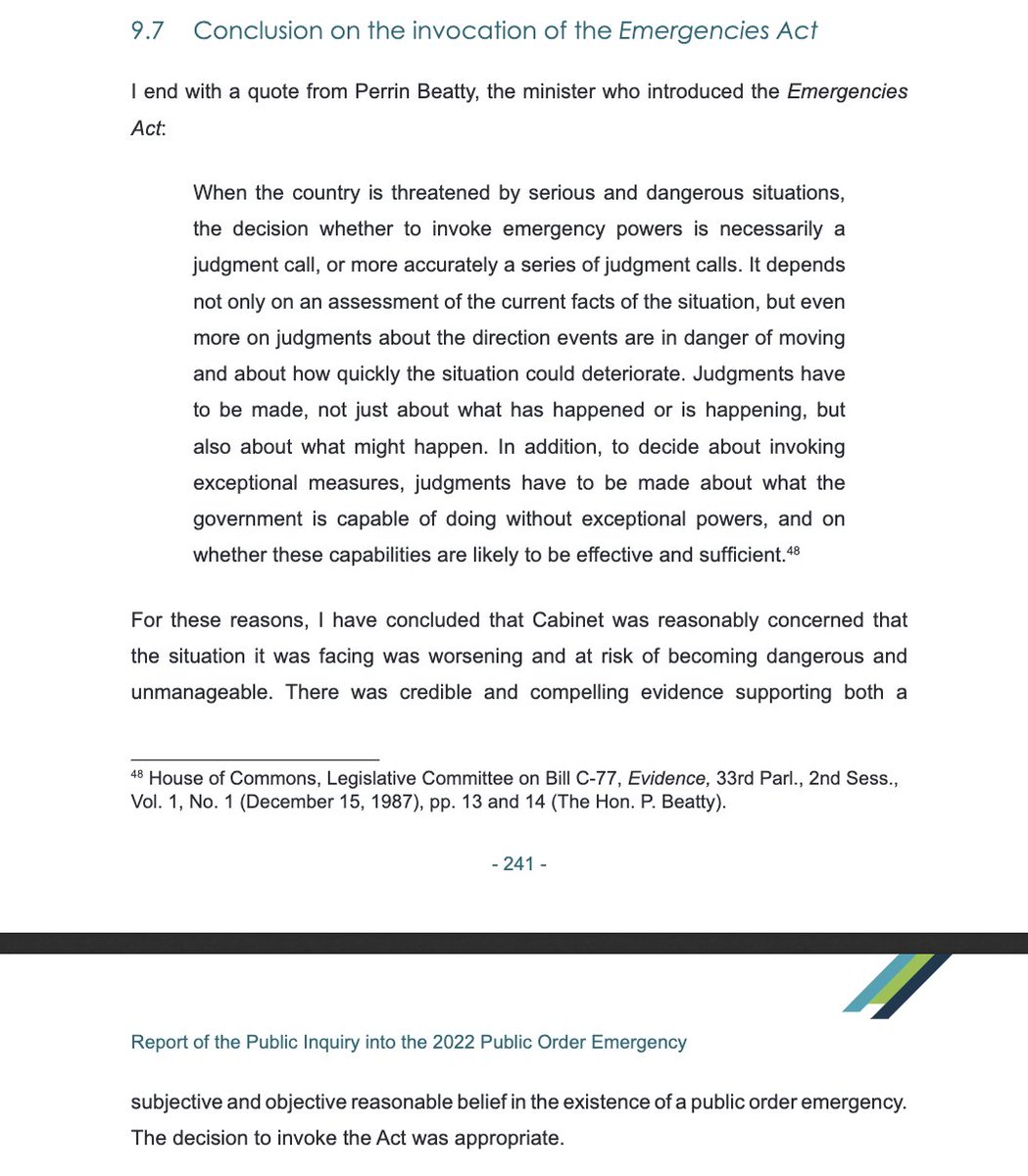At the first of two debates hosted by the government’s Leaders’ Debates Commission, in Gatineau. Leaders will soon be arriving to the Canadian Museum of History. Like at all government buildings since May, the flag remains at half mast. #cdnpoli 

More security here compared to the debates at the same venue in 2019. For example, last time supporters were able to gather here across the lane way as the candidates’ buses arrived. This year, supporters (and protesters) are kept at the road, about 100 meters away. 

Bloc Québécois leader Yves-François Blanchet ditched the bus and walked in, past the supporters and protesters.
NDP leader Jagmeet Singh arrived in a Toyota Sienna. He took just one question from reporters then went inside. 

Conservative leader Erin O’Toole is here. He avoided the media and went straight inside.
Justin Trudeau is here. He also skips out on scrumming and heads right inside. Green leader Annamie Paul is only debater yet to arrive.
And here’s Annamie Paul in a hybrid! Sorry about the backlighting during the scrum. Sun is setting fast.
A few small protests outside the debate venue. One is this quiet group accusing Justin Trudeau of being a fake feminist.
There are also a few dozen PPC supporters here. Mostly civil though a counter protester started arguing about lockdowns.
The most well attended protest is this group seeking self-determination for the people of Kabylie in Algeria, which I didn’t have on my 2021 election bingo card.
I’m inside now! Will start a new thread when I kick off debate live tweeting.
• • •
Missing some Tweet in this thread? You can try to
force a refresh









